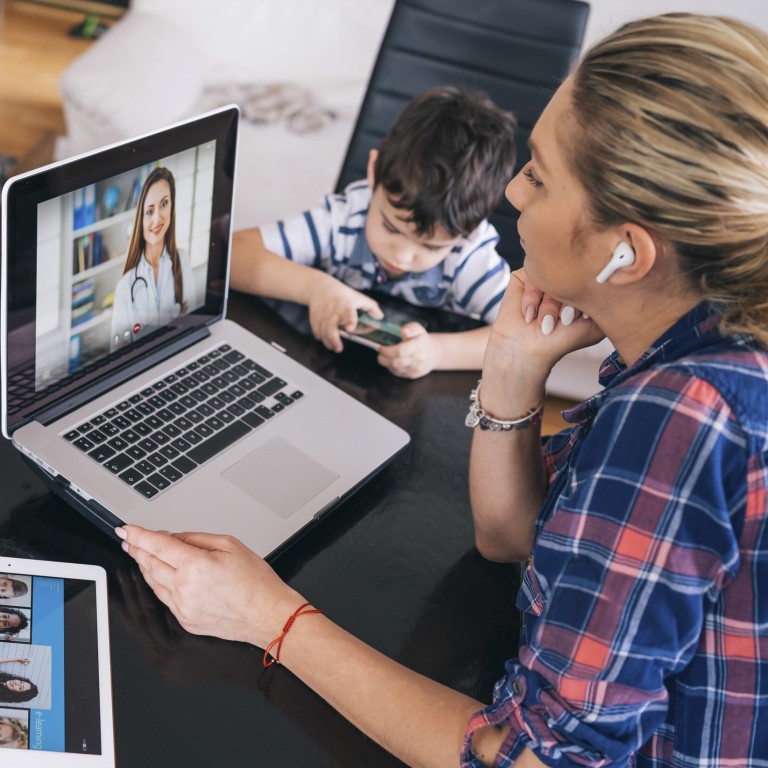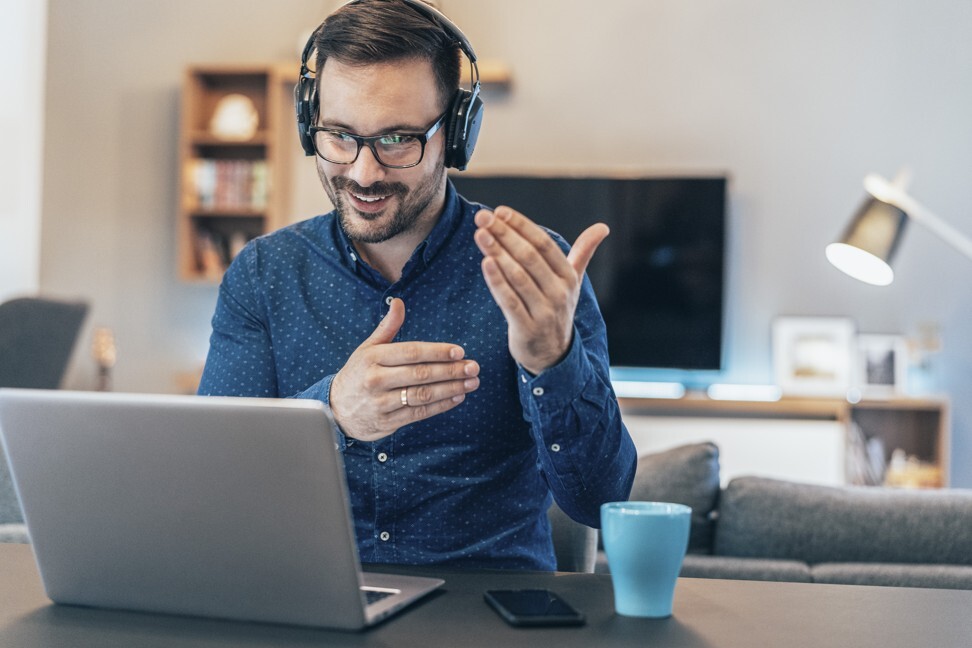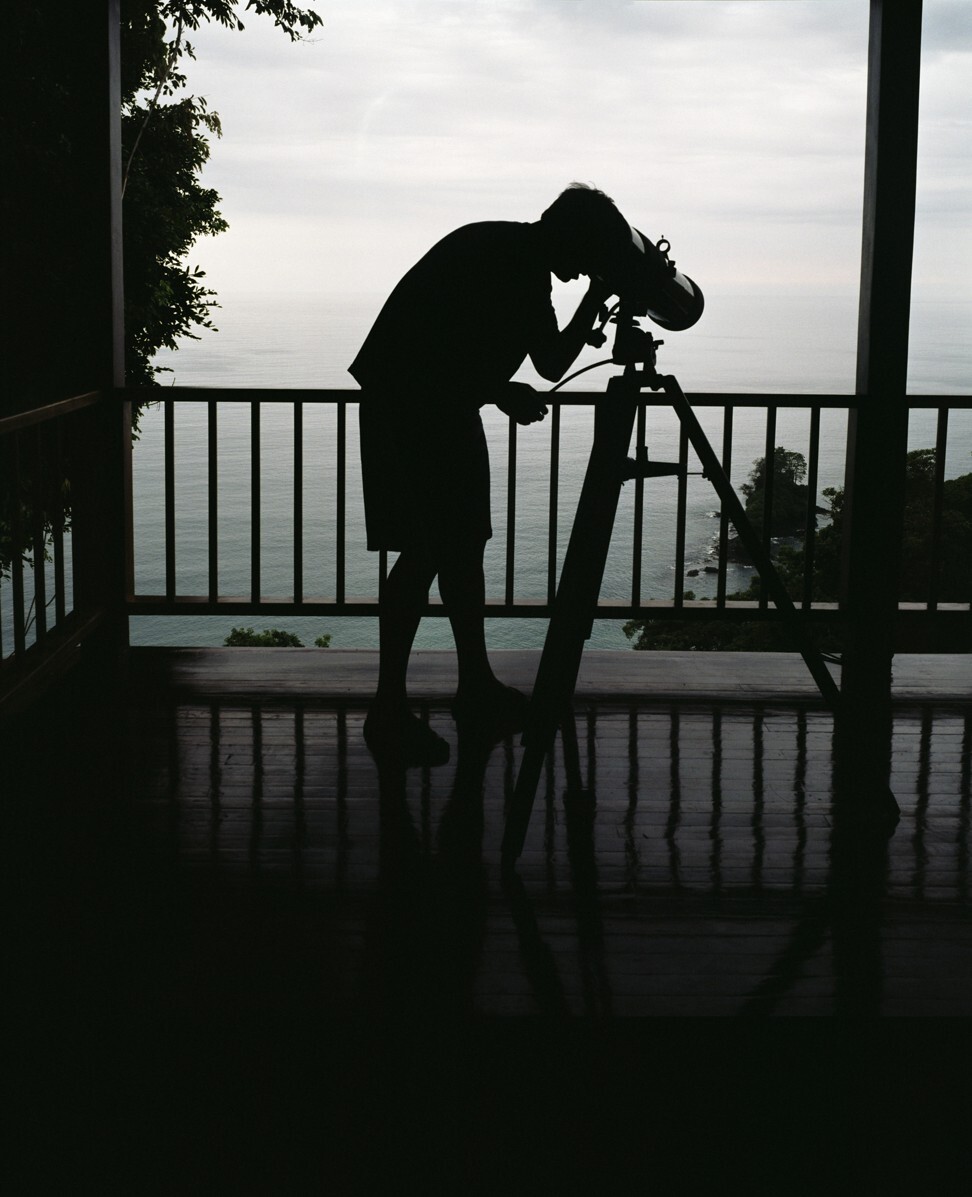
With travel on hold, take a masterclass or free online course – in astronomy, first aid, photo editing, and a lot more – to have a better holiday after lockdown
- The more you know before you go, the better your travel experience will be. Learn a language, how to read a map, survival skills, and more while in lockdown
- Many online courses have been made available free of charge as billions of people hunker down at home to stop the spread of Covid-19 coronavirus
Were you really getting the absolute maximum out of your travels before Covid-19 stopped us all in our tracks?
A common failing among travellers is a lack of language skills, which can make cultural understanding and connecting with locals tricky in many places.
There are many other shortcomings that we travellers display all too obviously; we take too many (terrible) photos, we cannot read maps properly and we lack enough knowledge of world history to truly appreciate the significance of ancient sites.
Now is the time to take advantage of online courses, masterclasses, webinars and live streams designed to help make you an expert while you are stuck being an armchair traveller.

1. Language learning
Almost as soon as Covid-19 went global – and schoolchildren began being sent home – the best intensive language-learning programmes in the world became free, including Rosetta Stone (free three-month subscriptions for students, for 22 languages), course hub Babbel (three months of free classes in 14 languages) and online language portal Mango Languages (free during the Covid-19 crisis in 70 languages). They are a gift for anyone who feels rudely ignorant of local languages when they travel.
Take the best travel photographs: National Geographic award winner’s top tips
2. ‘Deep travel' and travel hacks
Another useful course on the same platform is “Travel Hacking: How To Travel The World For Cheap”, which teaches you how to find the cheapest possible flights and accommodation.

3. Travel photography
4. First aid, survival and navigation
It is also possible to do lengthy Udemy courses in “Basic Survival Concepts” and “Essential guide to survival in the wilderness with nothing”. Udemy claims that viewing its “survival priorities” lecture gives students a 50 per cent greater chance of survival if stranded in the great outdoors.

5. World history and ancient monuments
If you dutifully turn up at Unesco World Heritage Sites and learn enough to nod a bit, but soon forget what the significance of everything was, you need to learn some history. Global history. Even a little knowledge can come in really handy if you travel a lot.
The platform also hosts courses such as “Introduction to Ancient Egypt and Its Civilization”. This is essential for anyone planning one day to see the pyramids and the Valley of the Kings.
6. Stargazing and astronomy
This highly practical online course, aimed at total beginners, comes in 12 monthly instalments (and 72 sections) and comprises downloadable MP3 sky guides and high-quality PDFs and sky charts.

